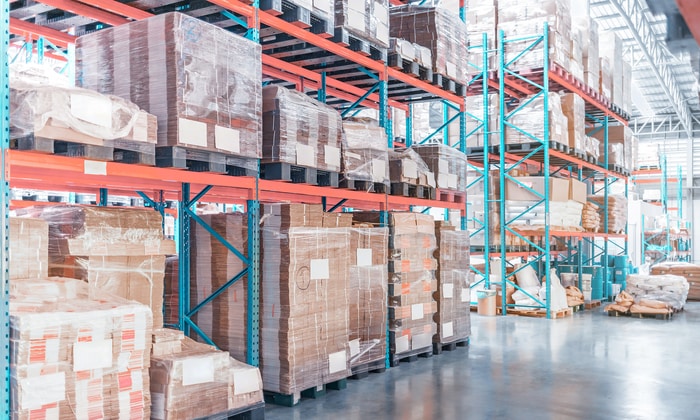The internet age has been a time of opportunity for many businesses, but precious few of them have been small businesses. In fact, many of the biggest companies of the internet age — companies like Amazon — have made life harder on small business owners (and even other industries).
But there is a space in which the internet has been a major boon to small businesses. This would be liquidations and returns, where small businesses bid on pallets of goods that Amazon and Walmart are unwilling to sort, restock, and resell.
Small business owners can grab whole pallets of B-stock goods at a huge discount, inventory their gains, and then resell the goods individually for big profits. Of course, this is all a bit easier said than done — which is why you might need some advice on how to get started.
Budgeting and business plans
Just like any other sort of business, a liquidations and returns business starts as a big idea. You’ll need to make sure that you have the budget and the setup to make that big idea work, though.
So make sure that you go through the whole process of making a business plan even if you don’t intend to go get a small business loan. You’ll learn a lot of valuable stuff in the process of making a business plan, and the plan will come in handy as a road map later on.
Find the right source
The one thing that makes liquidations and returns businesses viable is the availability of low-priced pallets of quality goods. So the first thing that you’ll need when you get started is a reliable auction site like Direct Liquidation.
Big companies like Amazon and Walmart tend to use intermediaries to dispose of their liquidations and returns stock. These middlemen get the pallets from the big boys, then hold auctions that allow smaller businesses to get ahold of them.
It’s really important to have a reliable source for this part of the equation because getting inferior goods can really mess up your bottom line. When you bid on a pallet, you want to know as much as possible about what it is in it.
Perhaps more importantly, you want to be confident that you’re really getting a pallet from Amazon, Walmart, or whatever big business the auction site says provided the pallet. So choose a provider that you can trust.
Specialize in maximum profits
The faster you can move and the more accurately you can price the goods that you’re selling, the larger the profits you’ll make in liquidations and returns. In this business, knowledge is power!
And you’ll acquire that knowledge faster if you specialize in certain types of products. Imagine, for example, that you sell nothing but cell phone accessories. Pretty soon, you’re going to get better at memorizing the prices of certain accessories and knowing which ones are most worth the trouble that you’ll go through to list, sell, and ship them.
As you make bigger and bigger profits, you’ll have the chance to invest back into your business, maybe expand your product offerings. But don’t use too much of your cash too fast! Growing a business too quickly can be risky, so slow and steady is the name of the game here.
Be sure to grow all areas of your business in proportion, so that you never buy more than you can store, sell, and ship in a timely manner. In time, your business and your profits should grow!


